Premium Zeolite Crystals: Enhance Soil Health and Plant Growth
Zeolite Crystals are a premium soil amendment designed to improve soil structure, nutrient retention, and water management. Their unique porous structure and high cation exchange capacity make them ideal for a variety of horticultural applications, including composting, vermiculture, and general gardening.
Specifications
-
Product Name: Zeolite Crystals
-
Available Pack Size: 15kg bags
-
Size: 2.2 to 10 mm
-
Material: Natural clinoptilolite zeolite
-
Colour: Light pink to reddish-brown
-
Origin: Australia
-
Packaging: Durable, resealable bags
Features and Benefits
-
Improves Soil Structure: The blocky, granular shape of zeolite increases air-filled porosity, promoting better root aeration and growth
-
Enhances Nutrient Retention: High cation exchange capacity allows zeolite to absorb and slowly release nutrients, reducing leaching and improving fertiliser efficiency
-
Regulates Moisture: Zeolite’s porous nature helps retain moisture during dry periods and releases it when needed, aiding in water management
-
Thermal Stability: Zeolite can absorb and retain heat, benefiting plant growth during cooler months by maintaining a more stable root-zone temperature
-
Supports Vermiculture: In worm farming, zeolite aids in moisture control and binds harmful substances, creating a healthier environment for worms
-
Composting Aid: When added to compost, zeolite enhances nutrient retention and reduces odours, resulting in richer compost
How to Use
-
Soil Amendment: Mix zeolite into the top 10–15 cm of soil at a rate of 250–500 g/m² to improve nutrient and water retention
-
Potting Mixes: Incorporate 5–10% zeolite by volume into potting mixes to enhance aeration and nutrient availability
-
Composting: Add zeolite at a rate of 1–2 kg per cubic metre of compost to reduce nutrient loss and odours
-
Vermiculture: Sprinkle a thin layer of zeolite over worm beds to control moisture and bind toxins
Sage Suggests These Are Best For
-
Home Gardeners: Looking to improve soil health and plant vitality
-
Commercial Growers: Seeking to enhance crop yields and reduce fertiliser usage
-
Worm Farmers: Aiming to create optimal conditions for worm health and productivity
-
Compost Enthusiasts: Desiring richer, more nutrient-dense compost
-
Landscapers: Needing to improve soil conditions in various environments
FAQs
What is zeolite and how is it made?
Zeolite is a naturally occurring mineral formed from volcanic ash and seawater over thousands of years. It has a porous structure and high cation exchange capacity, making it ideal for trapping nutrients, water, and toxins.
Can I use zeolite with other fertilisers?
Yes, zeolite works well with both organic and synthetic fertilisers. It helps reduce leaching and allows nutrients to be released gradually to the plants.
Is zeolite safe for edible crops like vegetables and herbs?
Absolutely. Zeolite is non-toxic and safe to use in vegetable gardens, fruit trees, and herb patches. It helps enhance flavour and nutrient density in edible crops by improving soil conditions.
How long does zeolite remain active in the soil?
Zeolite does not break down like organic materials. It remains active in the soil for years, continually improving nutrient retention and water regulation.
Can zeolite help reduce watering needs?
Yes. Zeolite retains water in its porous structure and releases it to plant roots as needed, helping reduce watering frequency especially during dry periods.
What is the difference between the 1–3mm and 2.2–10mm grades?
The 1–3mm grade is ideal for fine mixes, potting soils, and seedling trays, while the 2.2–10mm grade is better for open garden beds, compost bins, and worm farms where larger granules allow for better airflow and drainage.

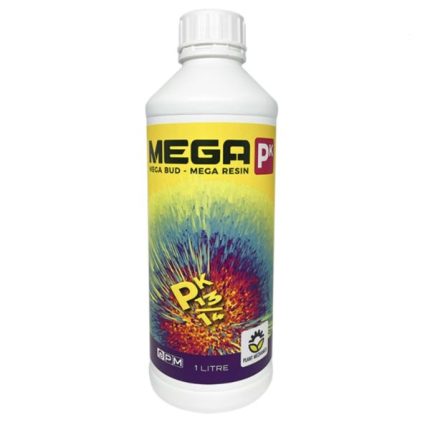
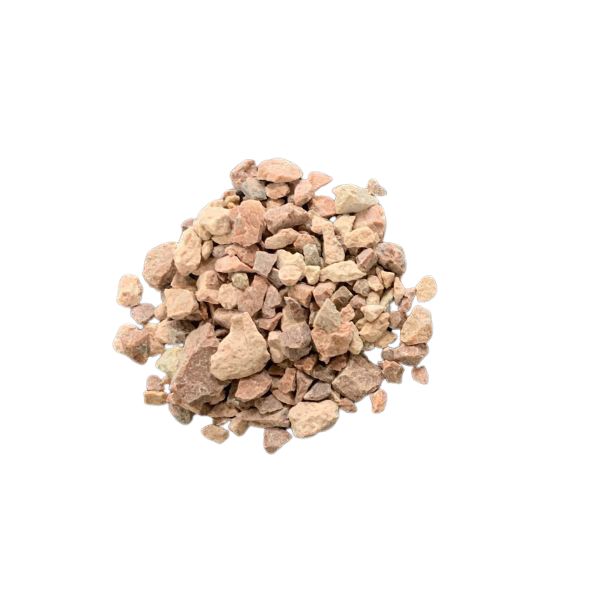
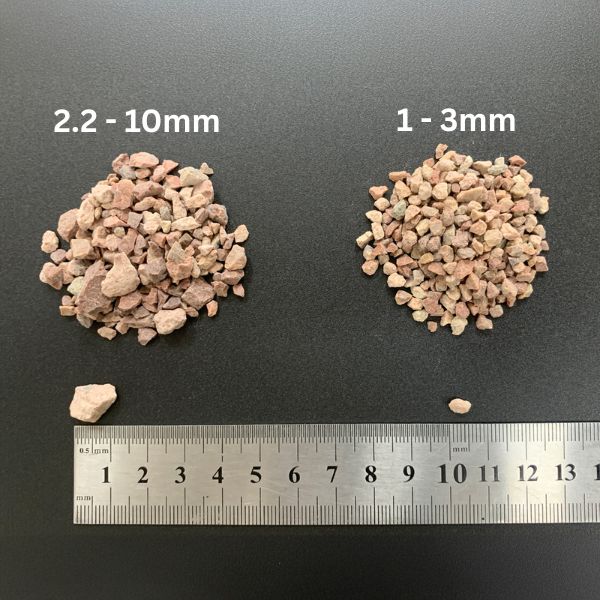

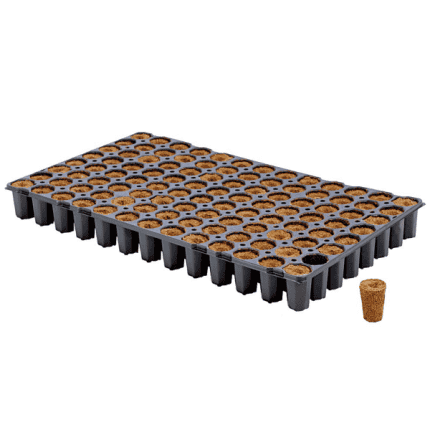
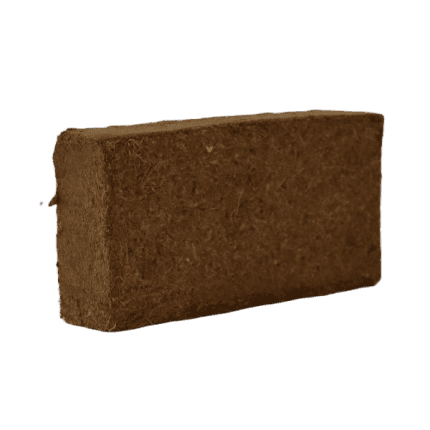
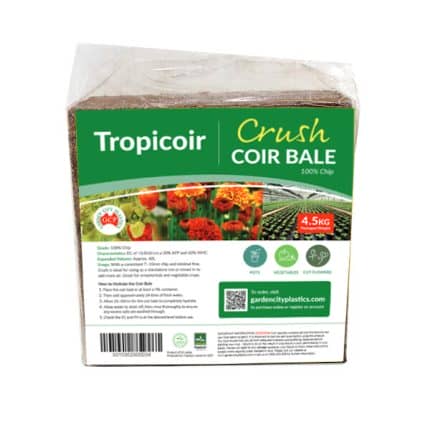
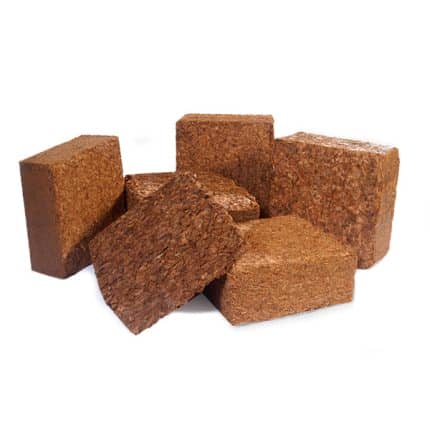
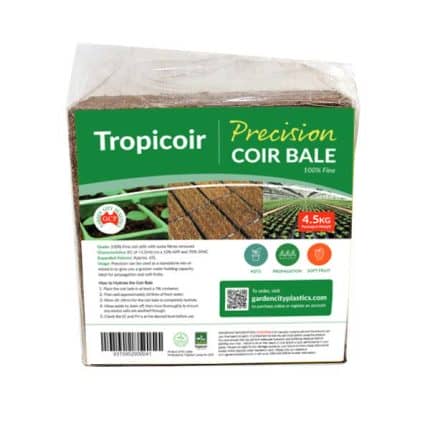
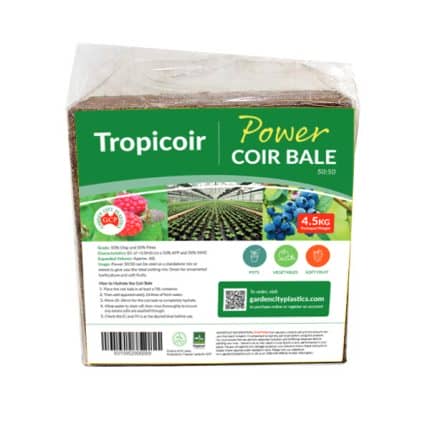
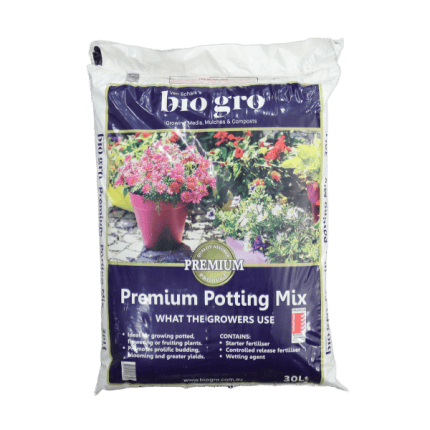
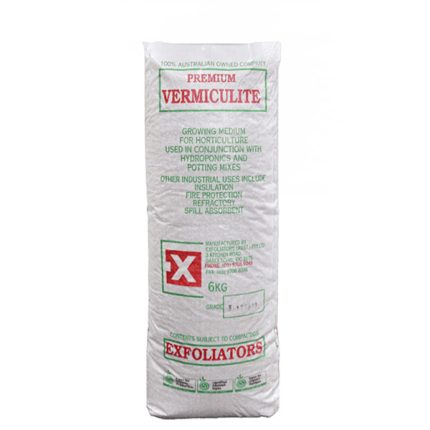
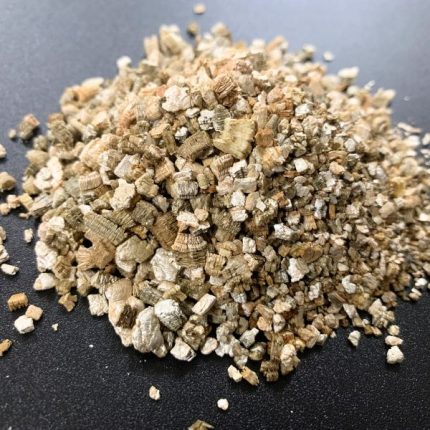
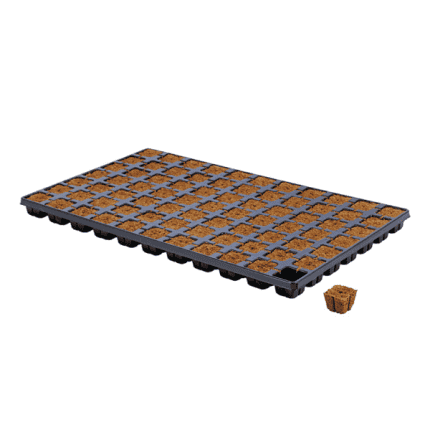
Reviews
There are no reviews yet.